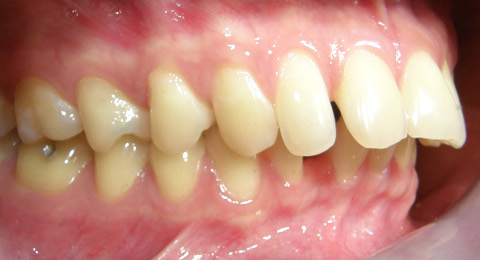Whether you live to eat or you eat to live, food is a basic necessity for everyone. But food is more than just sustenance for many of us. The social aspect of food is equally important.
In this day and age, given the plethora of food options that are available to us conveniently, it is paramount that we choose the right things to eat.
You are what you eat
The proverbial phrase “You are what you eat” is the notion that you need to eat good and nutritious food, and with a good diet comes good health. In the 1920s, the nutritionist Victor Lindlahr was a strong proponent of the idea that food controls health.
This view gained traction at the time, and one of the earliest known printed examples of this phrase is from an advert for beef in a 1923 edition of the Bridgeport Telegraph, where they quoted “90% of the diseases known to man are caused by cheap foodstuffs. You are what you eat.”
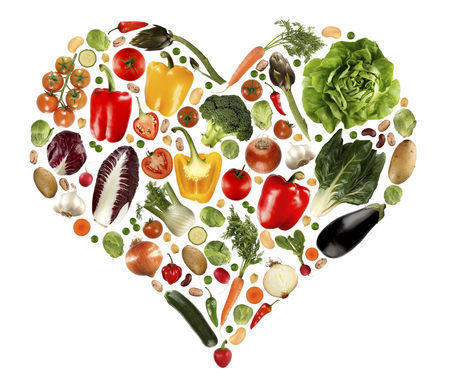
In 1942, Lindlahr published “You Are What You Eat: how to win and keep health with diet”. This text took the phrase into the public consciousness. Close to a hundred years ago, it was already known to the generations before us that nutritious food is necessary for good health.
The “NOVA” food classification system categorises food into 4 categories, namely the unprocessed and minimally processed foods, the processed culinary ingredients, the processed foods, and the ultra-processed foods.

Ultra-processed foods include foods such as soft drinks, packaged snacks, reconstituted meat, and pre-prepared frozen meals. Ultra-processed foods also include ingredients like sweeteners, colours, preservatives and food-derived substances like casein, lactose and gluten.
Processed meat has already been classified as a Class 1 carcinogen by the World Health Organization (WHO). These are the foods that everyone should try and reduce in their diets.
Impact of nutrition on your health
Eating caloric-dense, unhealthy foods is the biggest contributor to obesity, which is a national health problem in Singapore. The latest figures from the Ministry of Health (MOH) showed that in 2017, 36.2% of Singaporeans aged 18-69 were overweight. 13% of school-going children were overweight as well.
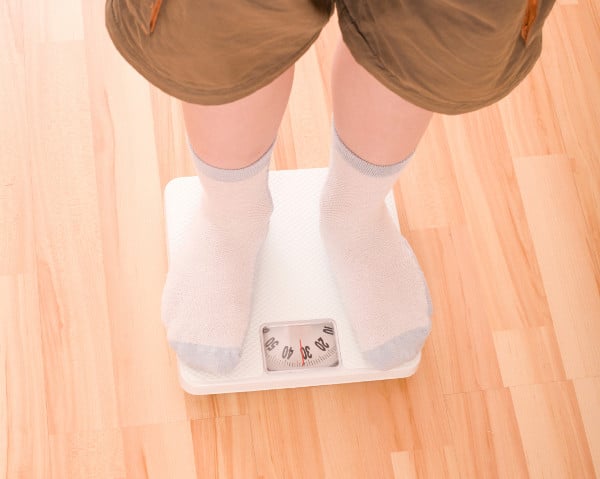
A WHO report in 2014 showed that in Singapore, we have the second-highest overweight prevalence in South East Asia; Malays have the highest incidence of obesity, followed by Indians, then Chinese.
The Singapore Burden of Diseases study found that obesity-related diseases had the largest impact on health in terms of suffering and cost. Obesity is also the single largest contributor to diabetes, a national burden. On the social front, obesity can also affect your self-esteem and body image, causing psychological stress.
Further, obesity is a key contributor to a group of conditions known as metabolic syndrome. It includes conditions such as high cholesterol, high blood pressure and diabetes.
With these chronic conditions, people are predisposed to developing many other diseases including ischaemic heart disease, heart attacks, strokes and peripheral vascular disease.
It’s important to note that you should go for your regular health screenings for conditions of metabolic syndrome. They can be easily picked up by your doctor. If you feel you need help in losing weight, speak to your doctor about it too.
It is also known that eating processed foods can increase your risk of various types of cancer as well. By making smart food choices, you can help protect yourself from these health problems.
There are so many other benefits from eating well such as having more energy, improved memory, increased longevity as well as preventing diseases.
Starting young, or as early as you can
Adult chronic diseases, like the conditions of metabolic syndrome, are increasingly common amongst the younger population, often as a result of unhealthy eating habits and increased weight gain.
Many dietary habits established in childhood often carry into adulthood, so educating children on how to eat healthily at when they are young will help them make healthy food choices throughout their lives.
Even if you are reading this as an adult, it is never too late to start, and a little improvement in your diet can go a long way when done for an extended period of time.
So what are good food options?
It would be ideal if everyone tries to move one’s diet towards less processed foods as per the NOVA classification of foods. While this will definitely require you to invest more time in meal preparations and planning, it’s the best way to inject quality nutrition in our lives.
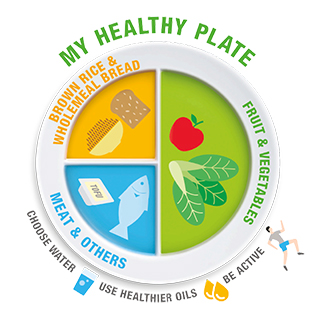
Unprocessed foods include the natural edible parts of plants and animals. Minimally processed foods have been slightly altered usually to increase shelf-life. They can include processes such as grinding, refrigeration, pasteurisation, fermentation, freezing, and vacuum-packaging.
These processes do not substantially change the nutritional content of the food. Many fresh fruits, vegetables, whole grains, nuts, meats, and milk fall into this category.
Oils from plants, seeds, nuts or flour and pasta formed from whole grains are from the category of processed culinary ingredients.
Processed foods are foods from the previous 2 categories where salt, sugar or fat has been added. Canned fruits and vegetables, some cheeses, freshly made bread, and canned fish are some examples. These processed foods can still form part of your diet, but exercise discretion when choosing foods. In general, the less processing the food requires, the healthier it is.
There are shortcomings of the NOVA classification as it can be too general in its classification, and not all processed foods are unhealthy. Just remember that the more additives and more processing the food have gone through, the more unhealthy it becomes.
Healthy foods can be enjoyable. Cooking recipes are available online right at our fingertips. Choose recipes that are lower in sugar, fat and salt. Shift away from artificial ingredients towards more natural ingredients. That way, food can still be tasty yet healthy.
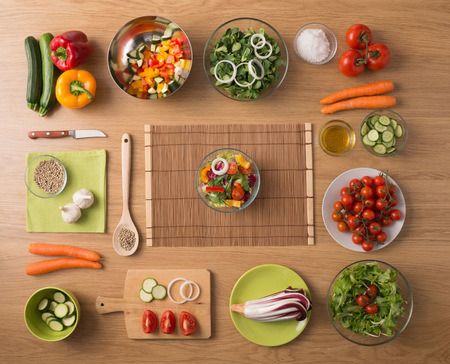
Another issue many people have is that of snacking. Everyone is guilty of snacking and it is unavoidable for many. If you have to snack, limit yourself in the quantity and type of snacks.
Just like how you would not feed a baby a meal of fried kway tiao and burgers, we ideally shouldn’t be regularly feeding ourselves such meals too. While it is understandable that we will have the occasional cravings for these caloric dense foods, try to limit yourself to these foods a few times a month at most.
Complementing food options – Physical activity and exercise
Physical activity and exercise are just as important as the quantity and quality of food. The Health Promotion Board of Singapore recommends 150 minutes of moderate-intensity, or 75 minutes of vigorous-intensity physical activity a week.
Health benefits of regular physical activity include a 20% to 50% reduced risk of premature death, the incidence of coronary heart disease, type 2 diabetes, depression, stroke, high blood pressure, colon cancer and breast cancer, just to name a few.

If you are just starting to get into more physical activity, it is always advisable to start slow and ramp up your physical activity slowly. This will help minimise musculoskeletal injuries. The lack of time should not be an excuse to pass on both healthier food options and exercise.
Dr Chester Lan is the resident doctor at DTAP Clinic Holland V. He believes in holistic care individualised to each patient. This patient-centric approach, along with his friendly persona, has earned him the trust of many of his patients. He sees patients from all age groups over a variety of sub-specialties and understands that building trust and rapport, along with good communication, is the key to a successful patient-doctor relationship.
* * * * *
Like what you see here? Get parenting tips and stories straight to your inbox! Join our mailing list here.
Want to be heard 👂 and seen 👀 by over 100,000 parents in Singapore? We can help! Leave your contact here and we’ll be in touch.











































